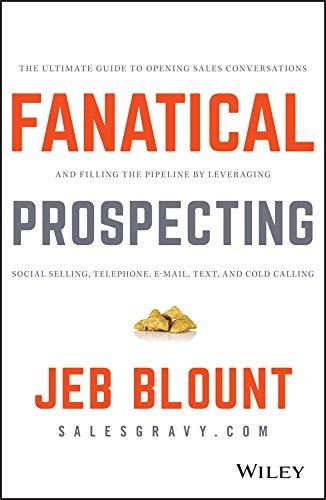Question
1) A stock has a beta of 1.08 and has expected rate of return of 11.6 percent. A risk-free asset currently earns 3.6 percent. What
1) A stock has a beta of 1.08 and has expected rate of return of 11.6 percent. A risk-free asset currently earns 3.6 percent. What is the expected rate of return on a portfolio that is equally invested in the two assets?
A) 12.12%
B) 11.15%
C) 12.24%
D) 11.24%
2) A stock has a beta of 1.08 and has expected rate of return of 11.6 percent. A risk-free asset currently earns 3.6 percent. If a portfolio of the two assets has a beta of 0.50, what are the portfolio weights?
A) 0.46; 0.54
B) 0.63; 0.37
C) 0.57; 0.43
D) None of these
3) A stock has a beta of 1.08 and has expected rate of return of 11.6 percent. A risk-free asset currently earns 3.6 percent. If a portfolio of the two assets has an expected return of 10.5 percent, what is the beta? A) 0.90
B) 0.93
C) 0.98
D) 0.89
4) A stock has a beta of 1.08 and has expected rate of return of 11.6 percent. A risk-free asset currently earns 3.6 percent. If a portfolio of the two assets has a beta of 2.16, what are the portfolio weights? How do you interpret the weights of the two assets in this case? Explain.
A) 1.50; -0.50
B) 0.82; 0.18
C) 0.65; 0.35
D) 2.00; -1.00
Step by Step Solution
There are 3 Steps involved in it
Step: 1

Get Instant Access to Expert-Tailored Solutions
See step-by-step solutions with expert insights and AI powered tools for academic success
Step: 2

Step: 3

Ace Your Homework with AI
Get the answers you need in no time with our AI-driven, step-by-step assistance
Get Started


